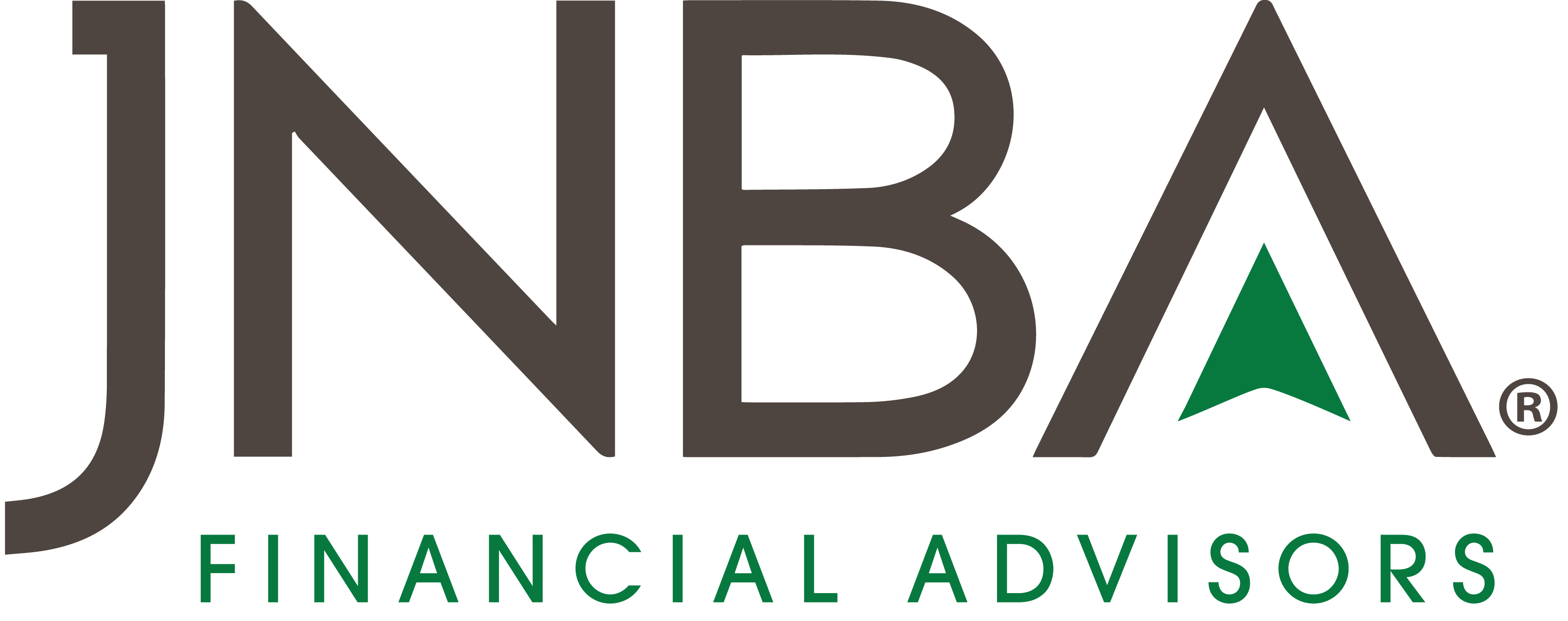The recently passed One Big Beautiful Bill Act (OBBBA) marks one of the most comprehensive tax reform packages in recent years—introducing a wide range of changes that impact individuals, families, and business owners alike. While some provisions are permanent, many are temporary or come with income-based phaseouts, making 2025 a uniquely strategic year for tax planning.
At JNBA, we recommend working closely with your advisory team who understands both your financial goals and unique positioning. However, the following are some of the most relevant updates and potential actionable strategies to consider as you make the most of this year’s opportunities.
Individual Tax Provisions & Planning Strategies
State and Local Tax Deduction Cap Raised for 2025-2029
For 2025-2029, the State and Local Tax deduction (SALT) cap increases to $40,000 for Married Filing Joint (MFJ), and $20,000 for Single households. But it phases out between $500,000–$600,000 adjusted gross income (AGI) for MFJ, Single, and Head of Household (HOH) filers. At $600,000 AGI, the deduction drops back to $10,000. From 2026 to 2029, the cap rises by 1% annually before returning to the original cap of $10,000 in 2030.
Planning opportunities:
- Delay bonuses, utilize deferred compensation, and be mindful of capital gains to stay under $500,000 of AGI
- Pre-pay property or state estimated taxes in December if your county allows it
- Bundle personal property tax payments if allowed
Charitable Deduction Floor Begins in 2026
Starting in 2026, only charitable gifts exceeding 0.5% of AGI are deductible for itemizers.
Planning opportunities:
- Accelerate charitable giving into 2025
- Bundle gifts to exceed the future floors
- Use Donor-Advised Funds (DAFs) for flexibility
Itemized Deduction Limitation for High-Income Taxpayers
Beginning in 2026, itemized deductions are capped at 35% benefit for those in the 37% income tax bracket.
Planning opportunities:
- Accelerate deductions into 2025 to take advantage of deductions at 37%
- Reassess charitable giving strategies
Expanded Standard Deduction + Senior Deduction
Standard deduction increases in 2025 (MFJ: $31,500, HOH: $23,625, and Single/married filing separately (MFS): $15,750). Taxpayers age 65+ get an additional $6,000 per person, phasing out between AGI levels of $75,000 – $175,000 Single and HOH, and $150,000–$250,000 MFJ.
Planning opportunities:
- Delay or accelerate retirement income, if possible, to optimize deductions
- Consider Roth conversions or accelerated withdrawals within phaseout thresholds
Non-Itemizer Charitable Deduction (2026 Onward)
Allows $2,000 (MFJ)/$1,000 (HOH, Single, MFS) deduction for cash gifts, even if not itemizing. This deduction does not apply to donations made to DAFs or private foundations.
Sunsetting Energy Credits
Personal energy-related tax credits are ending soon.
Planning opportunities:
- Purchase of electric vehicles (new and used) completed by 9/30/2025
- Complete home energy improvements by 12/31/2025
- Install electric vehicle chargers by 6/30/2026
No Tax on Tips and Overtime (2025–2028)
Tips and overtime pay may be excluded from taxable income for eligible workers. Note that tips will still be subject to FICA, and the “No Tax” will likely be reported as a deduction on the tax return. The “No Tax” on overtime only is apportioned to the “overtime” portion of earned income. Effective for 2025 through 2028, maximum annual deduction is $25,000; for self-employed, deduction may not exceed individual’s net income (without regard to this deduction) from the trade or business in which the tips were earned.
Deduction phases out for taxpayers with modified adjusted gross income over $150,000 ($300,000 for joint filers). Effective for 2025 through 2028, maximum annual deduction is $12,500 ($25,000 for joint filers). Deduction phases out for taxpayers with modified adjusted gross income over $150,000 ($300,000 for joint filers).
Planning opportunities:
- Adjust withholding strategies
- Review eligibility for related credits
Personal Use Auto Loan Interest Deduction (2025–2028)
Allows a deduction of up to $10,000 for interest on new or refinanced personal use auto loans, provided the vehicle is U.S.-final assembled. Phases out between $200,000–$249,000 AGI (MFJ) and $100,000–$149,000 (Single).
Planning opportunities:
- Consider timing vehicle purchases or refinancing to qualify
- Review AGI thresholds to ensure eligibility
- Coordinate with CPA to assess deduction impact
Estate Tax Exemption Increase (2026)
Exemption increases to $15,000,000 per person / $30,000,000 per couple, with inflation adjustments beginning in 2027.
Planning opportunities:
- Revisit gifting strategies
- Evaluate trust structures and dynasty planning
BUSINESS OWNER & EMPLOYER PROVISIONS
Research & Experimental (R&E) Expensing
Domestic R&E costs can be fully expensed starting in 2025. Prior capitalized costs may be amended or spread over one to two years.
Planning opportunities:
- Coordinate with CPA to determine best deduction strategy
- Consider Alternative Minimum Tax (AMT) and shareholder implications
Qualified Small Business Stock (QSBS) Expansion
Tiered exclusion structure introduced for QSBS acquired after July 4, 2025 (exclusion amounts below). Lifetime exclusion cap has been raised from $10,000,000 to $15,000,000 per issuer. Applies to C-corporations only.
- 50% exclusion for stock held ≥ 3 years
- 75% exclusion for stock held ≥ 4 years
- 100% exclusion for stock held ≥ 5 years
- Gains not excluded are taxed at 28%, plus potential net investment tax.
- Expanded eligibility: Gross asset threshold for QSBS issuers increased from $50,000,000 to $75,000,000, allowing more startups to qualify.
- For founders and early investors, integrate QSBS timelines into exit planning.
Planning opportunities:
- Coordinate with CPA to discuss succession planning
Charitable Deduction Floor Begins in 2026
Starting in 2026, only charitable gifts exceeding 1% of a corporation’s taxable income will be deductible. The pre-existing 10% ceiling remains the same.
Planning opportunities:
- Accelerate charitable giving into 2026
If you would like to discuss how any of these new tax laws could impact your financial picture, please contact your JNBA Advisory Team.
JNBA is neither an agent of IRS nor an agent nor an agent U.S. Department of Treasury. JNBA is not an accountant and no portion of the above should be construed as accounting advice. All accounting issues should be addressed with an accounting professional of your choosing. Due to various factors, including changing market conditions and/or applicable laws, some of the content may no longer be reflective of current opinions or positions. Moreover, you should not assume that any discussion or information contained in this blog serves as the receipt of, or as a substitute for, personalized investment advice from JNBA Financial Advisors.
Please see important disclosure information at jnba.com/disclosure





